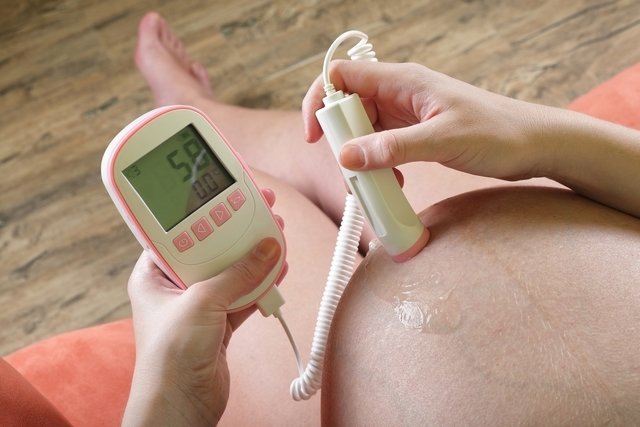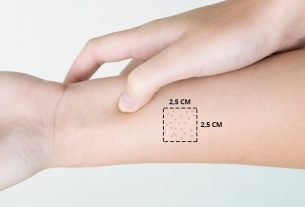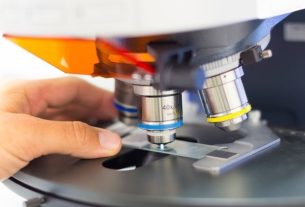The portable fetal doppler is a device widely used by pregnant women to listen to the heartbeat and check the baby’s health status. Normally, fetal doppler is performed in imaging clinics or hospitals, in association with the ultrasound examination, as it guarantees more complete information about the baby’s development.
Nowadays, you can easily buy a portable fetal doppler to check the fetal heartbeat at home, bringing the mother closer to the child. However, guidance from a doctor is often needed to understand the sounds emitted by the equipment, as it can capture anything that happens in the body and transmit it through sound, such as the passage of blood through the veins or movement of the intestine, for example. example.
Understand how morphological ultrasound is performed.

What is it for
The portable fetal doppler is used by many pregnant women to listen to the baby’s heartbeat and thus monitor its development.
Fetal doppler can also be applied in clinical practice and is closely associated with ultrasound, being widely used by gynecologists and obstetricians to:
- Check whether the fetal organs are receiving the necessary amount of blood;
- Check blood circulation in the umbilical cord;
- Assess the baby’s heart condition;
- Check for problems with the placenta and arteries.
Doppler ultrasound, in addition to allowing you to hear the heartbeat, also allows you to view the baby in real time. This exam is carried out by a doctor in imaging clinics or at the hospital and is available through the SUS. Find out when Doppler ultrasound is indicated, how it is done and the main types.
When to use
There are several types of portable fetal doppler available on the market and are used by many pregnant women to hear the fetal heartbeat and, thus, feel closer, reducing the future mother’s anxiety.
These devices can be used at any time of the day, whenever the pregnant woman wants to hear the baby’s heartbeat, as long as it is from the 12th week of pregnancy. Find out what happens in the 12th week of pregnancy.
It is advisable to ask your obstetrician for guidance when using it for the first time, in order to handle the device correctly and know how to identify the sounds, as anything that happens in the body, such as bowel movement or blood circulation, for example, can result in in sound that is detected by the equipment.
How it works
The fetal doppler should preferably be done with the woman lying down, and with the bladder full, to reduce the chances of hearing sounds other than the heartbeat. Furthermore, it is important to use a colorless, water-based gel to facilitate the propagation of sound waves.

Sign up for our newsletter and stay up to date with exclusive news
that can transform your routine!
Warning: Undefined array key "title" in /home/storelat/public_html/wp-content/plugins/link-whisper-premium/templates/frontend/related-posts.php on line 12
Warning: Undefined array key "title_tag" in /home/storelat/public_html/wp-content/plugins/link-whisper-premium/templates/frontend/related-posts.php on line 13



